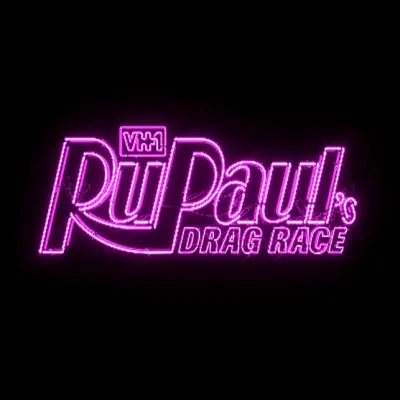RuPaul’s Drag Race: TV’s most radical show?
-

Since its premiere in 2009, RuPaul’s reality franchise has found a broader and younger audience, reflecting an era that is fixated on gender and identity, says Jenna Wortham. “Drag Race has become a staple of modern television for the way it skewers expectations and attitudes about gender, much as a show like Black-ish works to challenge stereotypes about black families in America," she says. "That isn’t to say contestants on Drag Race don’t bicker or trade petty insults, as in other reality-TV shows, but the program doesn’t leave viewers with the same existential dread about the future of humanity as, say, any of the Real Housewives franchises.”
TOPICS: RuPaul’s Drag Race, Logo, VH1, RuPaul’s Drag Race: All Stars, RuPaul Charles, LGBTQ, Reality TV
More RuPaul’s Drag Race on Primetimer:- RuPaul's Drag Race Season 18 queens tease chaos, conflict, and questionable fashion
- "The guy who jokes about DV?": New ELF ad controversy explained as netizens call out brand over Matt Rife's inclusion
- "Wiping the points you've earned": RuPaul's Drag Race All Stars judges reveal the rules for the Tournament of All Stars semi-final
- Drag Race Is the One Reality Show You Can't (Social) Game
